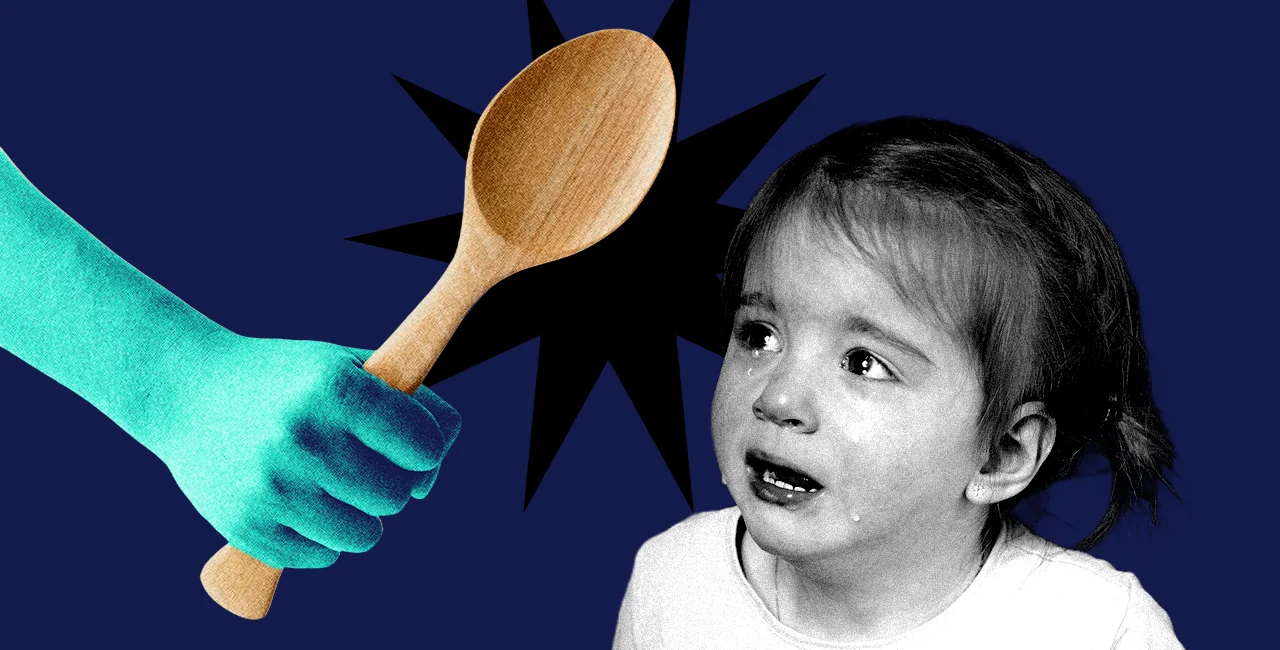A proposed amendment to the Czech Civil Code seeks to formalize the prohibition of physically punishing children.
Most Czechs oppose corporal punishment of children, with three-fifths of parents finding beating with a wooden spoon or belt unacceptable, according to a survey by the STEM/MARK agency and the Locika Centre.
But according to Eva Petrová, chair of the government’s Committee on the Rights of the Child: “More than half of parents in the Czech Republic currently resort to corporal punishment, which is concerning.” Petrová says these practices are often passed down through generations, perpetuating a cycle of violence.
Definition of 'unacceptable' punishment varies
Three-fifths of parents oppose harsher punishments such as using belts or wooden spoons, and a similar percentage find cold showers, threats, or isolation unacceptable. Seven out of 10 parents would not endorse kneeling (on top of the child) as a punishment method.
But the survey showed that only one in eight parents consider slapping hands unacceptable, while less than a fifth find slapping buttocks unacceptable. Additionally, only 26 percent of parents see spanking as inappropriate, with fewer than half considering pushing, slapping, or shaking as unacceptable.
Change in Civil Code on the horizon
Petra Wünschová, Director of the Locicka Centre, stated that the Czech Civil Code permits the use of educational measures but emphasizes that these must be proportionate to the circumstances. The Czech Republic does not consider corporal punishment to be a legally permissible educational measure. However, a recent study by Charles University found that more than 35 percent of parents view physical punishment as educational.
“We greatly appreciate the enactment of the law declaring corporal punishment unacceptable. It establishes a clear legal standard, fostering societal pressure for positive parental behavior,” said Wünschová.
According to the international organization Save the Children, the Czech Republic is one of the last countries in Central Europe that has not yet banned corporal punishment. The Locika Center is launching a public awareness campaign to make Czechia a “child-friendly nation.”
Abuse is generational
Wünschová believes that Czech parents “also require guidance on raising children without force or coercion” to alter parenting norms effectively.
As such the campaign calls for developing a network of services and support available to particularly vulnerable groups of parents, as well as the establishment of helplines and networks of field workers to help reduce the use of corporal punishment.
“The use of physical punishment is often passed down through generations. Those who experienced physical discipline as children frequently use similar methods when disciplining their children. But research has shown that corporal punishment is ineffective and can be harmful to mental health.”
According to the international organization Save the Children, the Czech Republic is one of the last countries in Central Europe that has not yet banned corporal punishment.













 Reading time: 2 minutes
Reading time: 2 minutes 
























